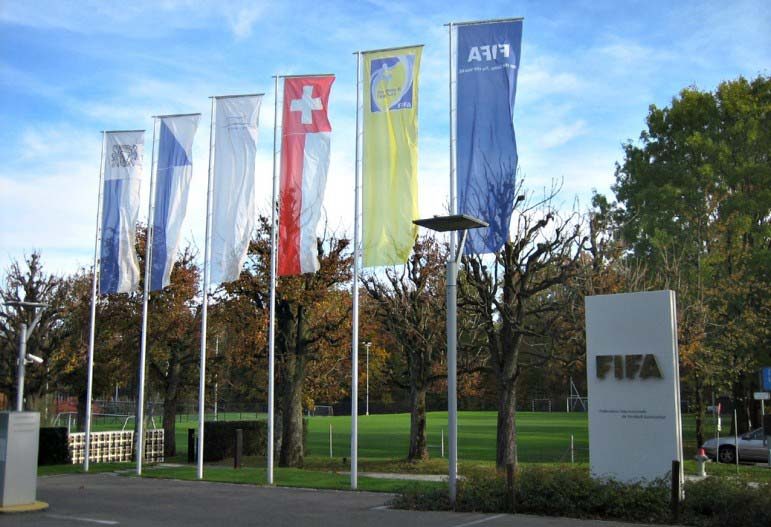
The lawyer leading an ethics investigation into FIFA’s handling of the 2018 and 2022 World Cup bids has called for major changes to be made in the way the world’s football governing body operates.
In what is perceived to be a coded attack on FIFA’s leadership, Michael Garcia said FIFA needs to have “greater transparency” and that there must be a top-down culture change at the organization.
He also criticized the body’s investigation and adjudication process, which “operates in most parts unseen and unheard,” the BBC reports.
Over the past 18 months, the American lawyer headed a team that conducted a detailed examination of claims of bribery and corruption surrounding the bids for the 2018 and 2022 World Cups, which were won by Russia and Qatar. Qatar has denied all such allegations.
Garcia has previously called for his report, which is now with FIFA Ethics judge Hans-Joachim Eckert, to be made public. However, the football body has insisted it would be kept confidential, and that only select details would be released.
That decision has reignited criticism over a perceived culture of secrecy at FIFA.
Ethics overhaul
In a keynote speech at an event organized by the American Bar Association in London, Garcia openly criticized FIFA’s process of investigation and adjudication, saying:
“That’s a kind of system which might be appropriate for an intelligence agency but not for an ethics compliance process in an international sports institution that serves the public and is the subject of intense public scrutiny.
The natural next step of the development of an effective ethics process at Fifa is greater transparency.”
He also used the opportunity to call into question FIFA President Sepp Blatter’s leadership style, and said that changes to an organization’s culture should start from the top.
“What is required is leadership that sends a message that the rules apply to everyone; leadership that wants to understand and learn from any mistakes or mis-steps the ethics committee may have identified; leadership that makes it clear to everyone – this is what we’ve set up the ethics committee to do, this is why they do it, and this is what they’ve done.
“It’s that kind of leadership that breathes the life into a code of ethics. Because true reform doesn’t come from rules or creating new committee structures. It comes from changing the culture of the organization.”
Cover-up claims
Last month, after Eckert confirmed he would not make public Garcia’s full report and instead only release highlights, the UK’s Sunday Times newspaper asserted that FIFA’s enquiry was a “cover-up” and that the organization has “locked away” the investigation.
Months before that, the newspaper ran a series of stories claiming that Qatar bribed officials to win votes, and said it had “millions of documents” to support its allegations.
Eckert, who heads the adjudicatory chamber of FIFA’s ethics committee, previously said he expected his judgment to be ready around March 2015.
Amid calls for Qatar to be stripped of its hosting rights, Eckert said that only FIFA’s ruling executive committee or its congress of 209 federations had the power to make such decisions.
The claims and perceived lack of transparency have caused many to question FIFA’s credibility, and Garcia said that a failure to be open and honest with the findings could seriously damage the organization.
He used the NFL’s probe into the Ray Rice domestic abuse case as an example of how an international sporting organization should not handle sensitive investigations. He added: “Now the NFL has has to bring in outside counsel to investigate the investigation.”
Open approach
In his speech, he went on to say that the the aim of transparency is not “to embarrass certain individuals” or “harm the organization.”
“It’s one thing to tell people that a rigorous process is in place. It’s another thing to show them how that process works and what it has uncovered,” he said.
“FIFA built the system that should inspire confidence that things have changed for the better. Showing that to the public serves FIFA’s best interest.”
Thoughts?